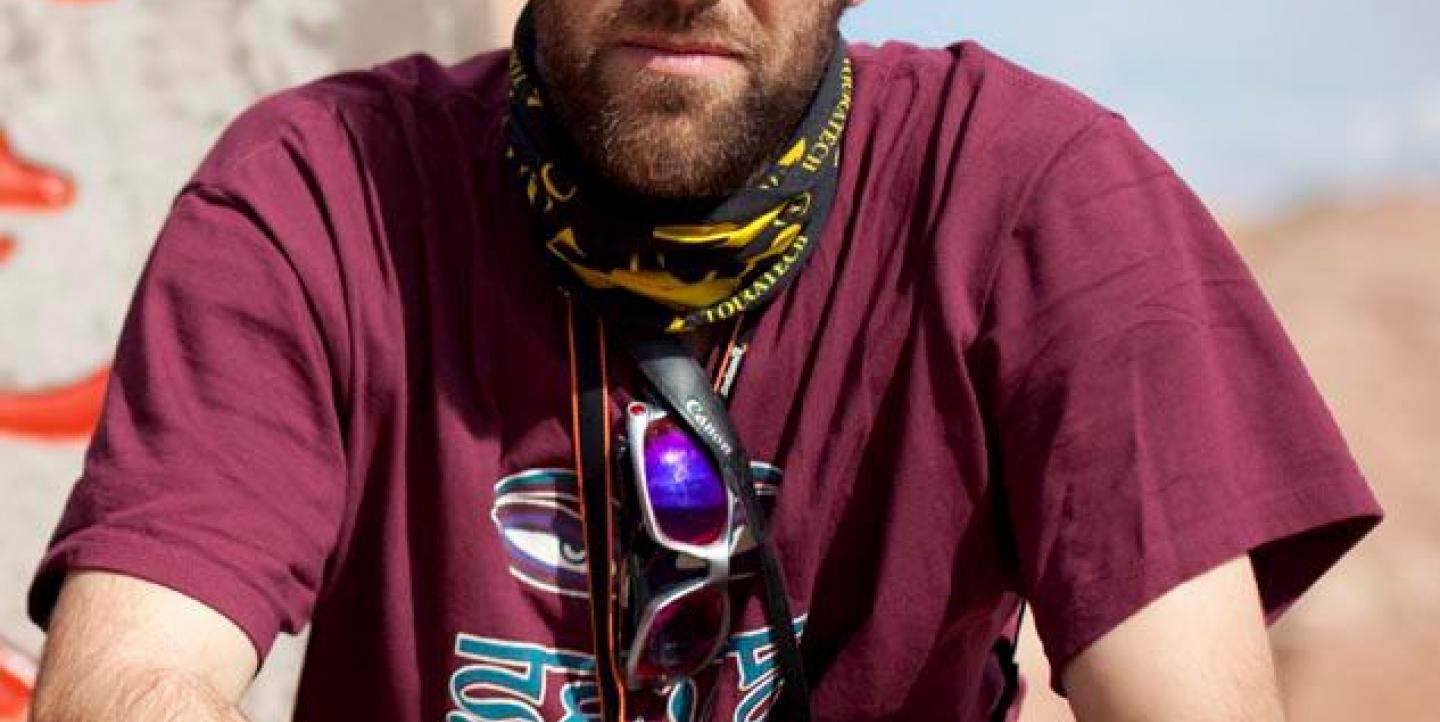China-based, award-winning documentary photographer Ryan Pyle shares his experience working and traveling in China.
Canadian-born Pyle has called China home for the past decade, documenting its rapid change through his camera lens for news organizations like the BBC and the New York Times.
In 2010, Ryan and his brother Colin produced a TV series called "The Middle Kingdom Ride" about their 65-day, 18,651-kilometer (11,589-mile) motorcycle trip around China.
“If you want to be a documentary photographer, you need to go to a part of the world where people’s lives are changing, like China,” Ryan said in an interview with IJNet. Here are more takeaways from his epic journey.
Transportation and accommodation
Ryan Pyle (RP): It is effortless now to travel in China. Ten years ago, it could be impossible to find a travel agent. But today, the road network is first class, English-speaking airports can fly you almost anywhere and hotels are quite improved and very organized. You can book flight tickets and hotel rooms on either one of the two major Chinese travel websites, Elong and Ctrip. Although travel infrastructure makes it easy, foreign journalists still need to speak Mandarin or hire translators to communicate well with locals.
Communicating and interviewing
RP: Chinese people are naturally hospitable to foreign travelers, and they are now much more open to speaking up their mind. Journalists should pay respect and use patience when conducting interviews; a good sense of humor and understanding of the Chinese culture would be a plus...When you pay your interviewee a visit at home, a five-minute stay and a quick picture won’t do the job. It is important to stay for a few hours over a meal or tea and exchange as much information about yourself as they do.
Urban China versus rural China
RP: Traveling in Chinese cities is no different from traveling in the United States; in rural areas, it requires more land travel and roads and hotels may not be as good. However, covering rural China can be a lovely experience, the food is fantastic and people are more friendly, hospitable and laid-back than those in the cities.
Ethnic diversity in China
RP: It's a nice treat to explore China’s ethnic areas, which offer diverse cultures, religions, cuisines and lifestyles.
In the western autonomous region of Xinjiang, [you are] free to travel around and interact with local people, many of whom are Uyghur, Kazak, Kyrgyz or Tajik. A highlight of my trip to Xinjiang was covering the Sunday animal market in Kashgar. Another highlight was the Karakul Lake on the Karakoram Highway that [traces the Silk Road and] connects China and Pakistan.
You can see "Chinese Turkestan," a slideshow of Pyle's photographs taken in Xinjiang, China below:
Photo: Ryan Pyle in China

